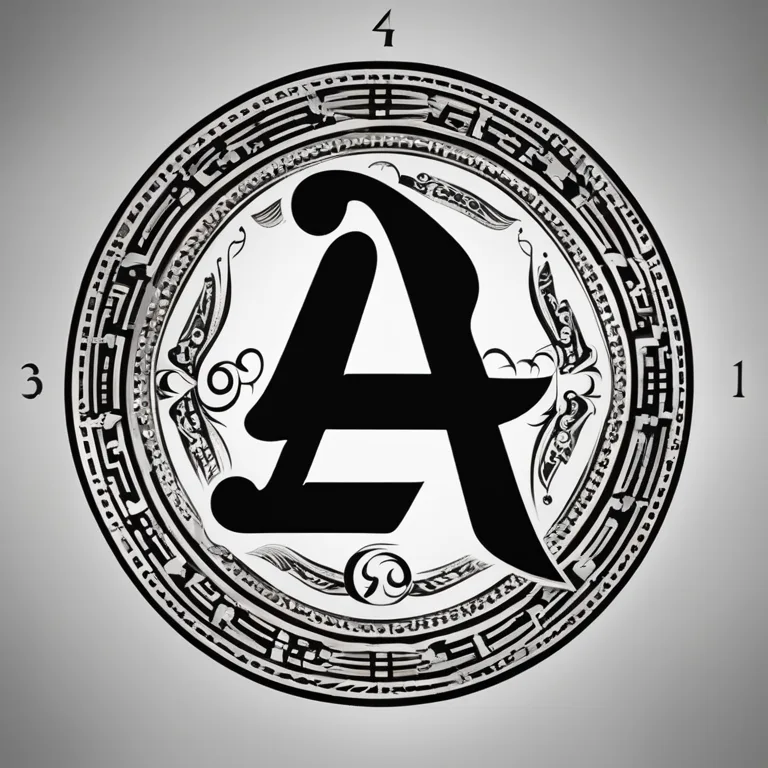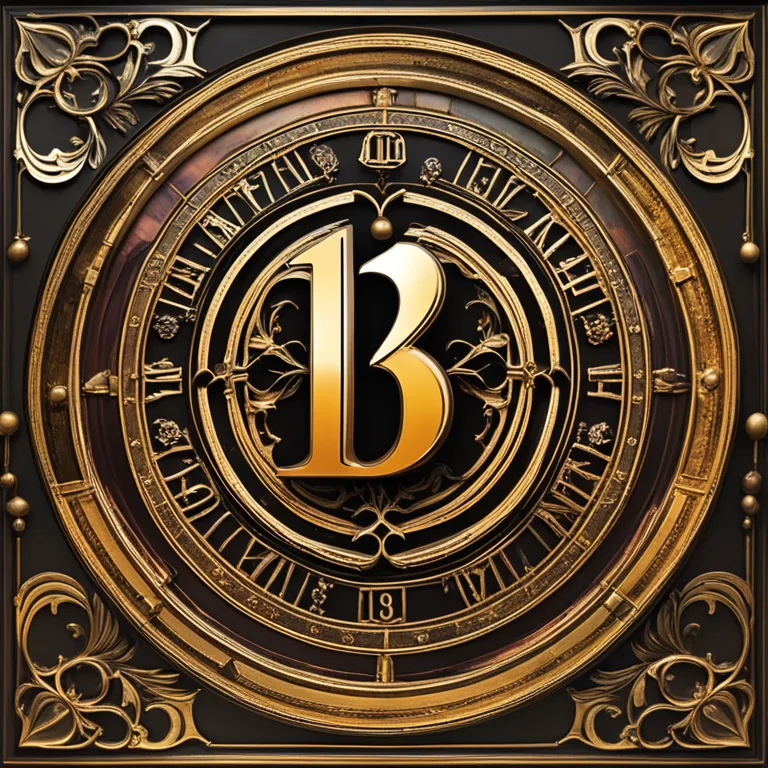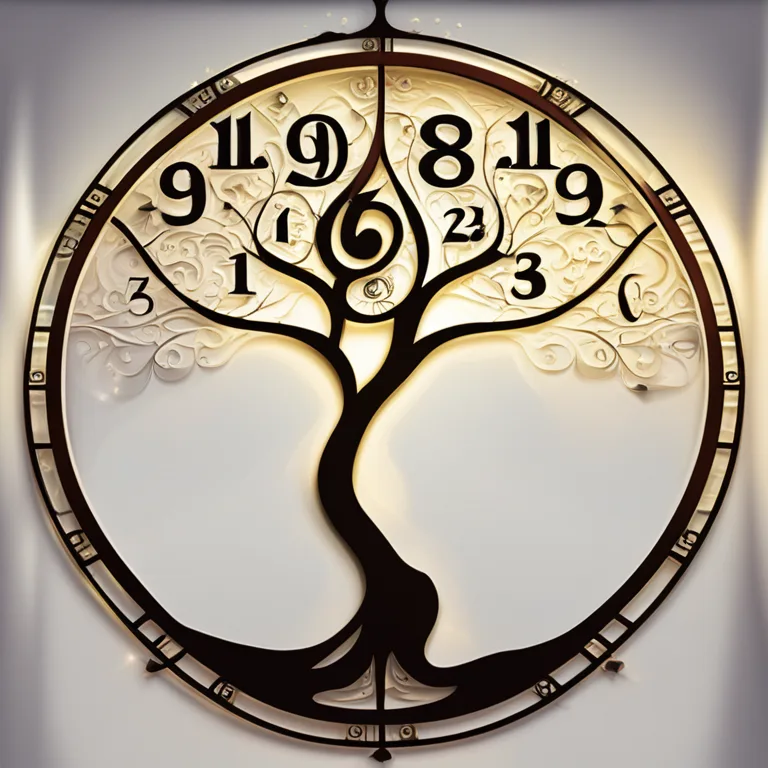
Numerology's Perceived Unlucky Numbers
Delve into the realm of numbers where some are deemed unlucky based on numerological practices and beliefs.
article by Sofia Ferguson
Numerology, the mystical study of numbers, has intrigued societies for millennia, suggesting that numbers have more than just a quantitative value—they also bear distinctive energetic vibrations affecting our lives on unseen levels. This system, attributed to the teachings of the Greek philosopher Pythagoras and others, hinges on the idea that numbers carry specific characteristics and influence personal and universal events. In this intriguing realm, certain numerals are sometimes perceived as harboring misfortune or presenting challenges, commonly referred to as unlucky numbers.

Diving into the concept of unluckiness in numbers is complex, as cultural context heavily influences perceptions. For instance, in many Western cultures, the number 13 is widely regarded with suspicion and often associated with bad luck, leading to phenomena such as the absence of a 13th floor in buildings. Conversely, in Chinese culture, it is the number 4 that is considered inauspicious due to its phonetic similarity to the word for death. It's important to approach numerology with an understanding that these interpretations are subjective and not absolute truths.

Beyond superstitions, the number 13 in numerology is broken down to a root number, 4 (1+3), which symbolizes practicality and establishing a foundation. Yet, the unique combination in 13 carries the energies of numbers 1 and 3, representing creativity and initiative, possibly leading to unexpected changes. Rather than unlucky, the number 13 can represent upheaval that serves to redirect one’s path in a beneficial way. Embracing this can transform a seemingly ominous number into a powerful catalyst for growth.

Similarly, the number 4, despite its negative connotation in certain Eastern societies, embraces a deeply grounded energy in numerology, embodying stability, determination, and diligence. In reality, these attributes are essential for achieving success and maintaining order. Thus, this ‘unlucky’ tag could overshadow the number’s practicality and reliability which, if heeded, may potentially yield firm foundations and long-term security.

An intriguing case in Italian culture is the number 17, which, when written in Roman numerals (XVII), can be rearranged to spell ‘VIXI’—Latin for "I have lived," an implication of death. However, in numerology, 17 breaks down to 8 (1+7), a number denoting abundance and power. This contrast underscores how context greatly shifts our perspective on numbers, inviting a broader comprehension beyond cultural preconceptions.
Incorporating numerology, including its take on unlucky numbers, into one's life can be an enlightening exercise, potentially offering insights into personality traits, life challenges, and inherent strengths. It's a practice many use as a guide for making decisions or understanding life events. Rather than fearing certain numbers as unlucky, they might be seen as signals, or indicators of potential trials that hold the keys to personal development and learning. A number considered unlucky could, in fact, signify an opportunity for resilience and triumph in disguise.
As we journey through the esoteric path of numerology, it's wise to cultivate a balanced viewpoint. While acknowledging numbers that carry less favorable connotations, we must also consider the empowering aspects they may possess. Numbers can provide profound guidance when interpreted with an open mind and heart, moving beyond the simplistic dichotomy of lucky versus unlucky. An inclusive approach welcomes all numbers as integral pieces in the vibrant tapestry of existence.
Published: 12/21/2023
Modified: 12/21/2023
More predictions
Come back here soon to learn more about yourself and your future


Insights for Personal Year 2 in Numerology
Discover the resonances and potential of Personal Year 2 in numerology, guiding personal growth and relationships.


Birth Time Numerology Insights
Delve into the significance of birth time in numerology to reveal life's facets and potential paths.


The Origins of Numerology
Tracing the Roots and Founding Minds Behind Numerology